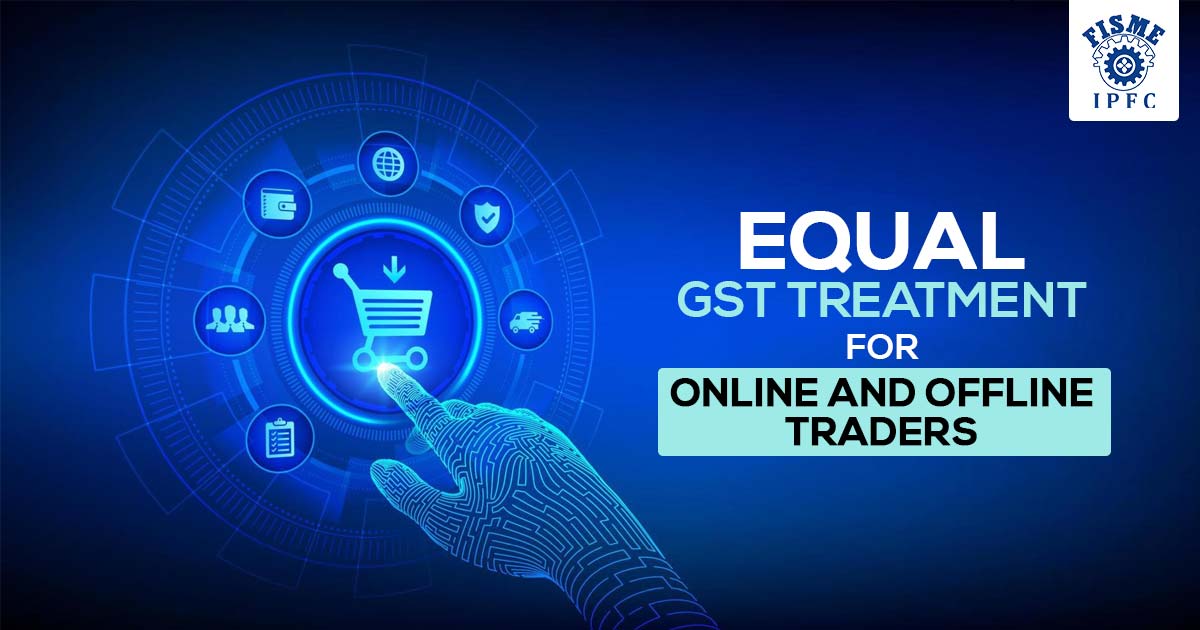
Facilitate to perform businesses for MSMEs- Between offline companies and online e-commerce sellers MSME body Federation of Indian Micro and Small and medium enterprises (FISME) urged the government for equality in GST compliance to motivate more MSMEs to arrive online.
The same was among the suggestions built by FISME to MSME ministries Additional Secretary & Development Commissioner Dr Rajneesh to promote e-commerce adoption among small businesses.
With over 40 representatives that represent MSMEs, think tanks, payment service providers, e-commerce and last-mile delivery platforms, and industry organizations such as Amazon, Meesho, Zomato, BlinkIt, etc, the recommendations would be made.
FISME stated that the main cause for the slower digital penetration of small businesses would be the complex GST compliance needs required to do the transition from offline to online selling platforms.
At current times the same would be mandatory for online businesses to enrol under the GST irrespective of the turnover, offline sellers having a turnover exceeding Rs 40 lakh would need to apply for the GST. The same would develop an unequal field to play between online and offline retail.
FISMEs Secretary General, Anil Bhardwaj stated that there would be a requirement to educate the MSMEs on the advantages of online selling like access to audience and subtle market intelligence.
Between offline and online businesses we are required to build a level playing field and restrict the other load of the compliance that has been levied on the online sellers.
In the former year, the government would have declared that companies that have a turnover of up to Rs 40 lakh selling through e-commerce does not need to apply for the GST.\
Read Also: How Meaningful is GST Implementation in India?
But the same would be applicable for the intra-state goods supply but various sellers do sell the goods inter-state to the customers through e-commerce.
The provisions like exemptions from the import duties upon the returns, inventory along with order management support of the new businesses would have been recommended by the FISME and the practice for spreading the awareness of the digital marketing of the new MSMEs.
It would have seeks to enable the e-commerce policy for the easier government schemes for the online businesses and the exemption of the other compliance liabilities to online sellers.
FISME stated in a statement that specifically for women entrepreneurs the favourable policy to surge their participation is a constant e-commerce logistics policy which makes it simpler for the new MSMEs to diminish their transactional cost, spreading awareness and making the operation simpler would some of the methods which shall assist the small sellers.
It indeed stated that an informational portal which provides the only destination for the statutory policies that assist to educate the MSMEs.
We have complied with the recommendations that have been shared via FISME and MSME representatives. In order to make the businesses recognize the correct value of e-commerce in rising their businesses and contributing towards the economy, we would devote ourselves to digitizing such businesses, Dr Rajneesh stated.









